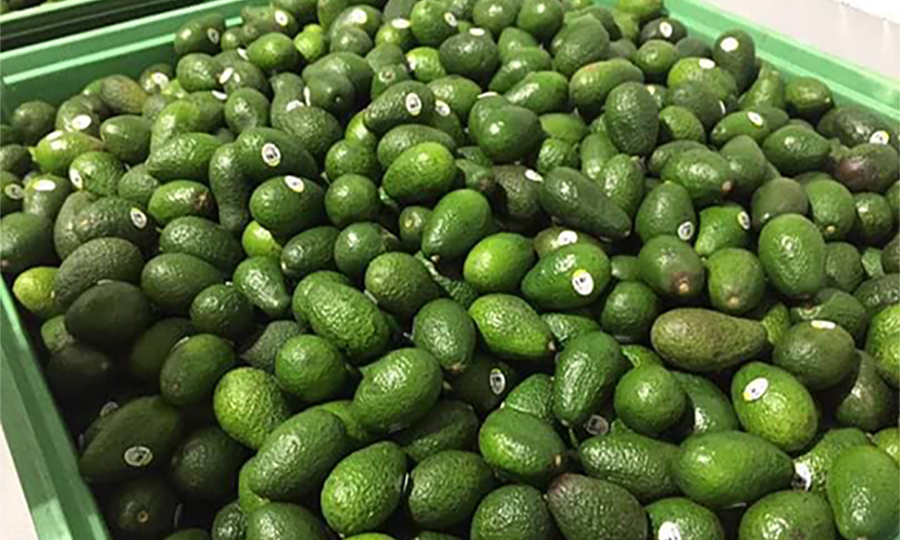The Myanmar Fruit, Flower and Vegetable Producers and Exporters Association (MFVP) expects a negotiation of government with China about a legal export channel for pineapples and avocados.
The request was made at the 31st regular meeting of entrepreneurs and the Private Sector Development Committee, led by Vice President U Myint Swe, which was held on 8 December 2019 at the Republic of the Union of Myanmar Federation of Chambers of Commerce and Industry.
China has said it is open to negotiations on legal export of banana, paddy, cassava, and passion fruit. However, avocados and pineapples, which are prioritized items, have been excluded from that list.
“With China blocking purchase of pineapples through the Muse border gate during the harvest season this year, growers in Myanmar lost 24,800 tons of the fruit, taking a financial hit of K7 billion. Therefore, we have forwarded a request for legal exports to the government to benefit growers,” said Daw Sandar Myo, secretary of the MFVP. “In addition, avocado cultivation is rapidly increasing. Myanmar is expected to produce about 80,000 tons in 2020 and about 200,000 tons in 2021, according to a survey by the association. Myanmar exports avocado to Thailand, but at a low price. So, we need to penetrate China’s market. Therefore, we would like to request negotiations with China for market preparation,” she said. “Moreover, we need financial support to aid the growth of small and medium enterprises (SMEs) related to packaging and drying in order to reach the export standards for avocado and pineapples,” she added.
“SMEs are facing difficulties in gaining access to loans on collateral from banks to buy machines and equipment, and produce quality products. Therefore, we have requested the government to provide loans for MFVP members and growers,” said Daw Sandar Myo.
According to the MFVP, obtaining a certificate for exporting fruits via maritime trade involves several steps. Sometimes, the long processing period for issuing of export licenses leads to fruits spoiling and traders suffering losses, it stated. Therefore, it would be better if the government provides a one-stop service for processing fruit export-related documents, the association added. The Ministry of Commerce has been negotiating with China for resuming pineapple exports, which have been banned by the neighboring country since 15 June, according to news released online by the ministry.
“When the mango season ends, pineapple, also a seasonal fruit, is in abundant supply in the markets. Therefore, the Ministry of Commerce has held a series of negotiations with China’s government to create a legal export channel for pineapples,” said U Khin Maung Lwin, from Commerce Ministry.
At present, mangosteens, rambutans, lychees, watermelons, and muskmelons grown in Myanmar have been certified by China’s food safety inspection mechanism, the General Administration of Quality Supervision, Inspection, and Quarantine (AQSIQ), for legitimate export. The Ministry of Agriculture, Livestock and Irrigation has already sent information on tissue-culture bananas, lime, pineapples, avocados, and pomelos to China.
China has been clamping down on illegal goods since the second week of October, 2018. The policy change by the neighboring country has hurt exports of Myanmar’s agro products through the Muse gate. China has imposed a 50-per cent tax on entry of goods that are not included in the quota list, as per a government-to-government pact. However, Myanmar merchants and their Chinese counterparts are finding the tax rate exorbitant. China accounts for 95 per cent of Myanmar’s fruit exports. Watermelons top the list of fruits exported to China, followed by mangoes and muskmelons. — GNLM (Translated by EMM)



